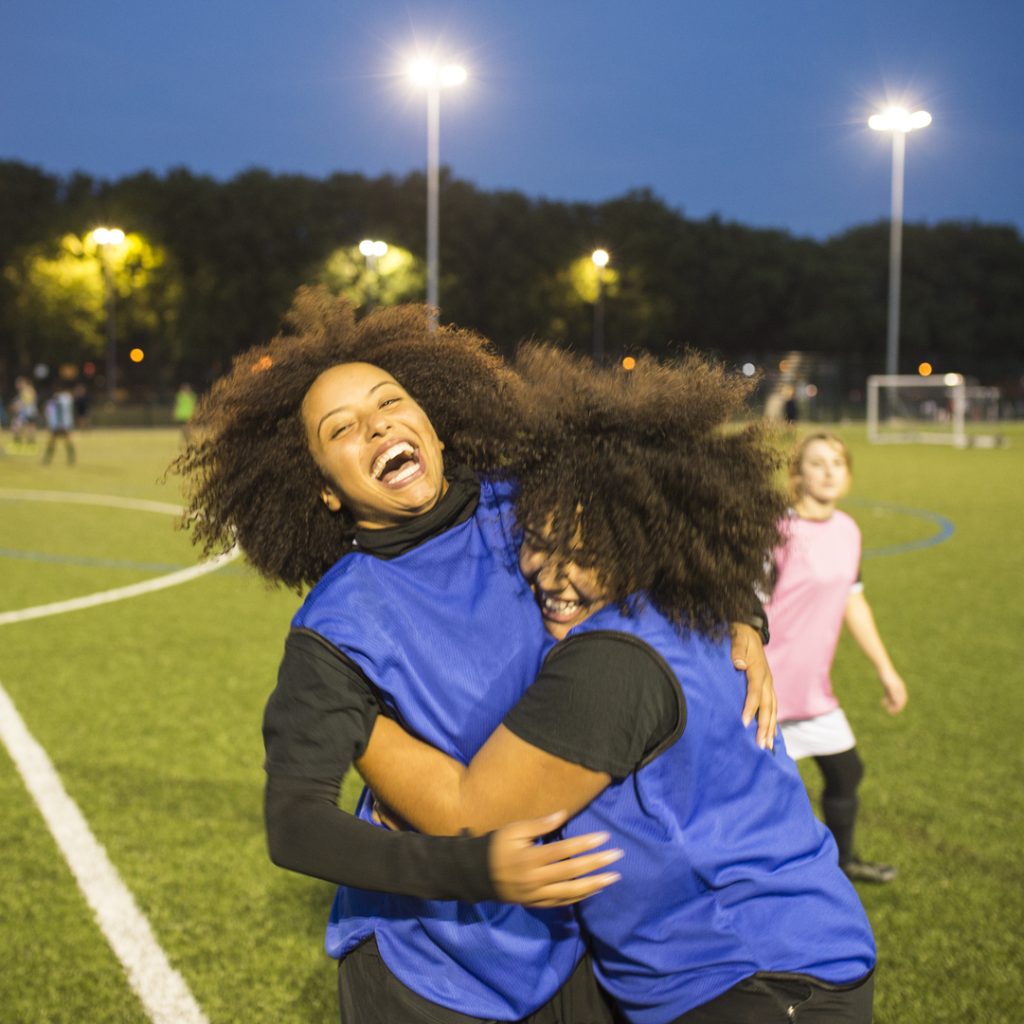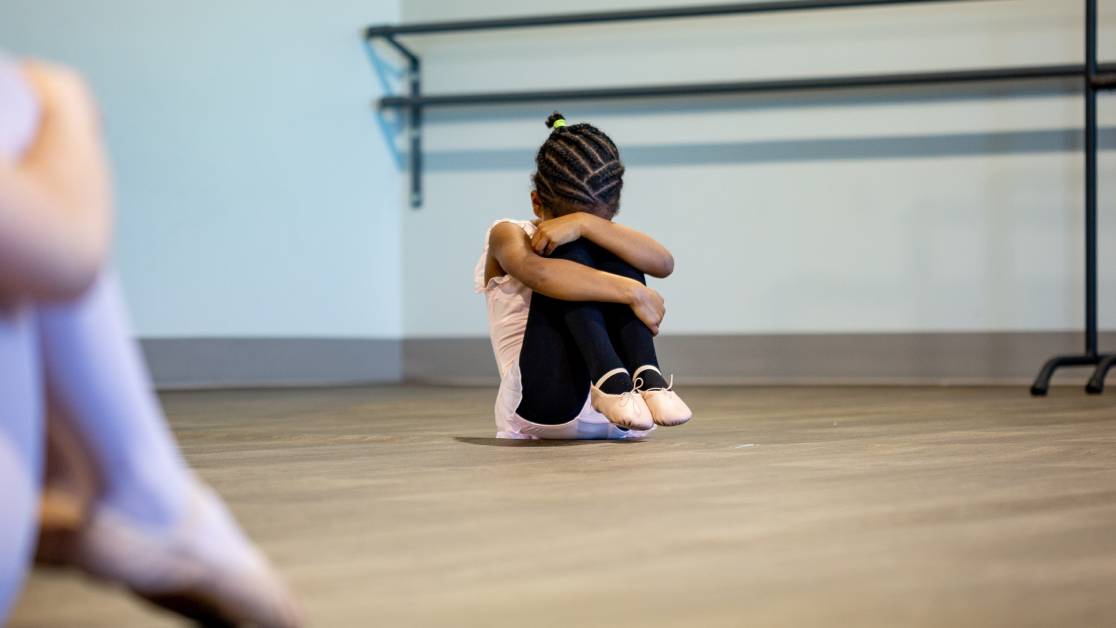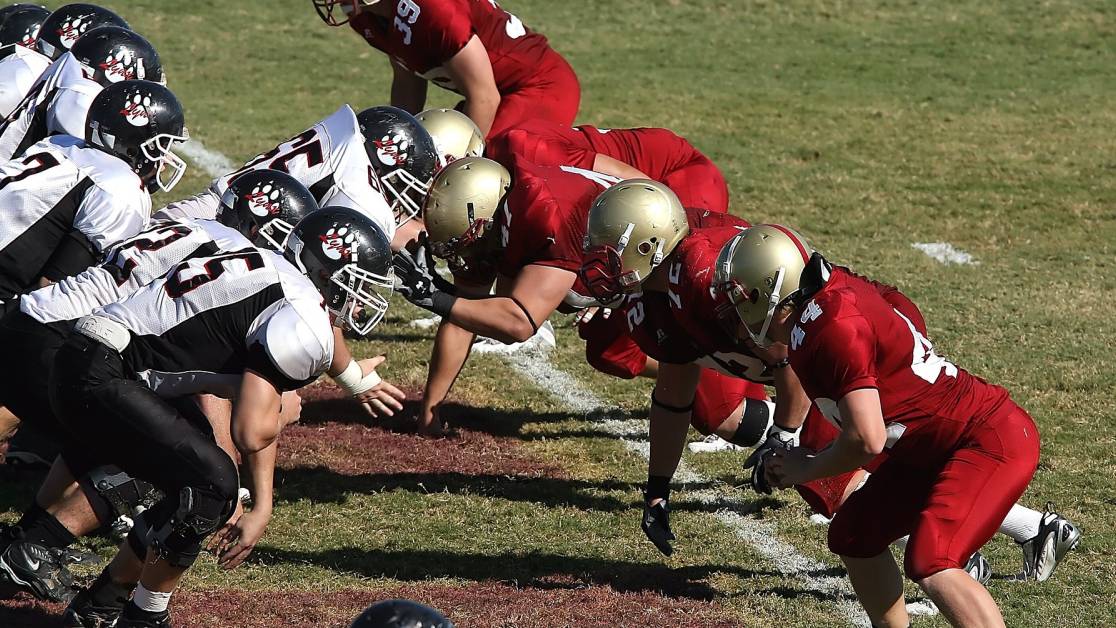Tip: Create a small checklist together to involve your child in the preparation!
4 min reading
Quebec Games: How to properly prepare
Formation
Written by: Karl Demers
July 2025

First and foremost, sports preparation
You don’t need to be a coach to support your young athlete’s preparation. You can help them stay motivated, structured, and balanced in their training.
- Encourage them to follow their training plan without overdoing it.
- Remind them of the importance of progress, not performance at all costs.
- Help them maintain confidence, even when fatigue or doubt sets in.
- Value effort, discipline, and the joy of playing — not just the results.
- Talk together about their goals, whether technical or personal (e.g., managing stress better)
On the logistics side: your contribution matters
Logistics can quickly become stressful… but they’re crucial to keeping everything running smoothly! You can make a big difference with a little foresight.
- Prepare their bags in advance: appropriate clothing, health insurance card, important documents.
- Check departure times, accommodation locations, and transportation instructions.
- Work with team officials to submit health forms and authorizations on time.
- Identify the team’s contact person in case of unexpected events.
Communication: stay connected without hovering
You are a reassuring pillar for your child. But too much presence (or pressure!) can sometimes hinder their independence.
- Attend the information session if it’s offered by the team.
- Review the guide provided (or ask for it) to learn about rules, schedules, and emergency contacts.
- Download the app used by the team to receive real-time updates.
- Respect the code of conduct established by the team for parents.
Living with a team: a key learning experience
During the Games, your child will be living in a group for several days — a first for many!
- Talk to them about respect, patience, teamwork, and conflict management.
- Encourage them to be a good teammate, not just a good player.
- Remind them that team cohesion is just as important as individual performance.
You can also help create a symbolic team item (banner, slogan, rallying cry) if the coach suggests it!
Sleep, hydration, nutrition: the foundation of energy
You have a direct role to play in your child’s lifestyle habits before and during the competition.
- Encourage full nights of sleep: 8 to 10 hours in the days leading up to the Games.
- Promote good hydration starting the week before (water, no sugary drinks).
- Offer simple, balanced meals rich in carbohydrates before games (rice, pasta, fruit).
- Avoid introducing new foods right before the competition (better to stick with what they know!).
- Slip a small snack into their bag (granola bar, banana, applesauce).
When the time comes: be present without adding pressure
Once on site, emotions run high — for both the youth and the parents.
- Respect the team’s space: let the coaches manage the group dynamic.
- Support your child in moments of stress or defeat without minimizing their experience.
- Take photos and celebrate the experience — not just the medals.
- Take part in reflecting on the experience: ask what they learned and what they enjoyed.
And why not celebrate their participation with a small family gathering or a note of congratulations?
Conclusion
Karl Demers
Karl Demers is the founder of MonClubSportif. From an early age, Karl has been passionate about sports, whether it's soccer, baseball, field hockey, volleyball... and the list goes on. To combine business with pleasure, Karl has been passing on his passion for 8 years now through the blogs he writes and the information he shares to simplify the lives of sports enthusiasts like himself.

On the same subject!
Articles
Performance anxiety is a common concern among young athletes, and it can be difficult for parents to know how best to support their child.
Articles
As a coach, you've probably already had to deal with conflicts between your players. Resolving these disputes is no picnic, but it's essential […]
Articles
Here are five tips to help you support your child in dealing with sports defeats.


